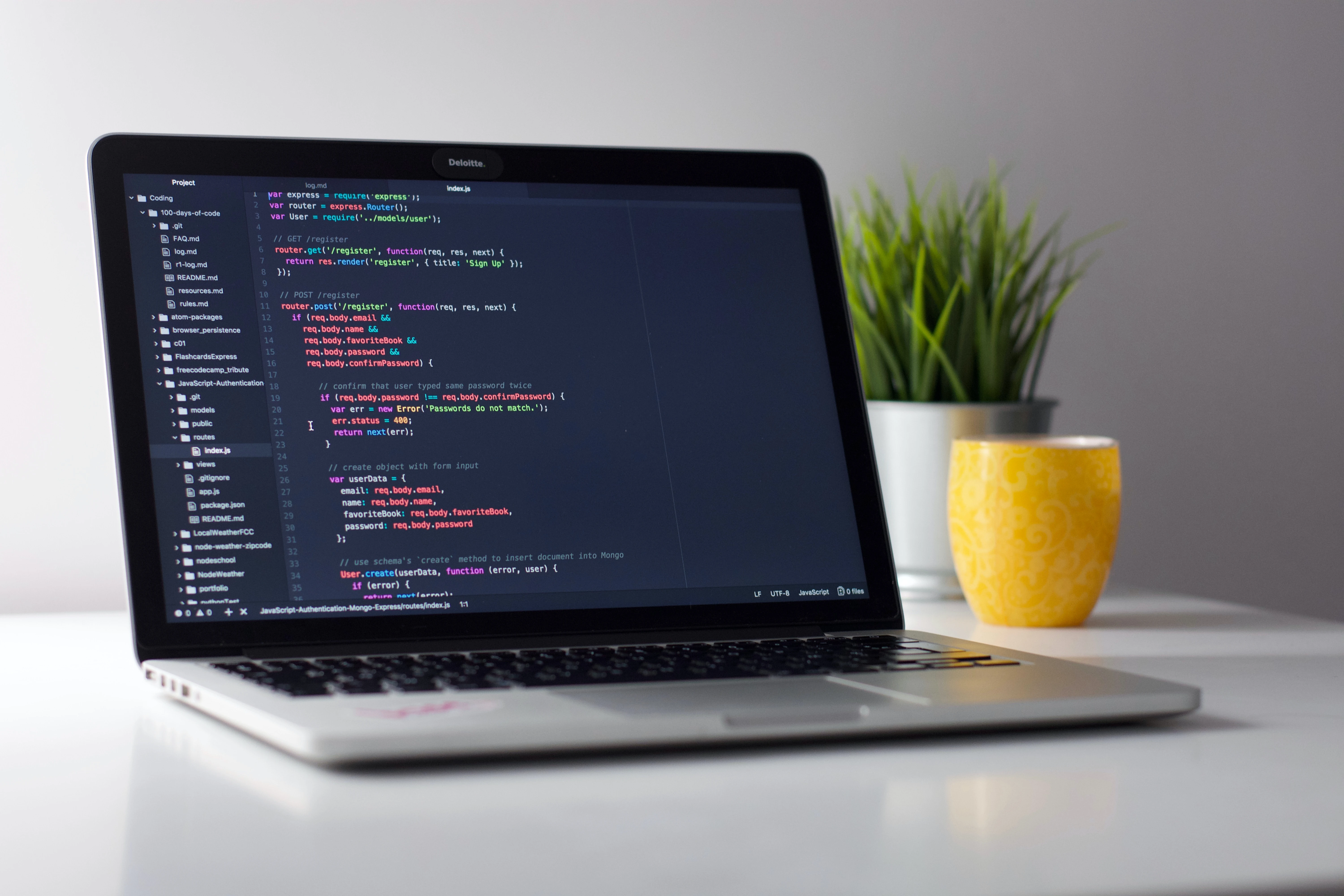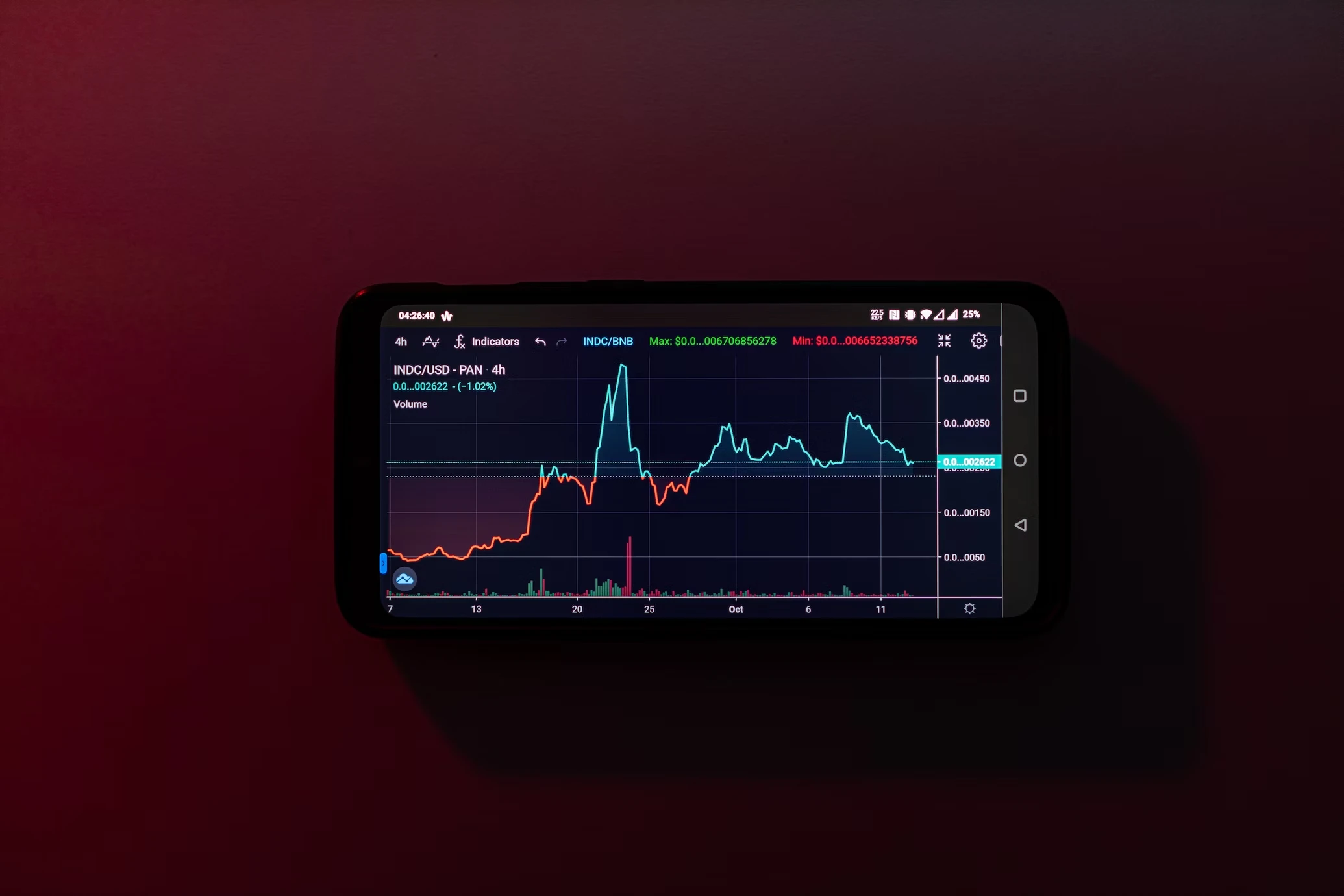
This website uses cookies
We use Cookies to ensure better performance, recognize your repeat visits and preferences, as well as to measure the effectiveness of campaigns and analyze traffic. For these reasons, we may share your site usage data with our analytics partners. Please, view our Cookie Policy to learn more about Cookies. By clicking «Allow all cookies», you consent to the use of ALL Cookies unless you disable them at any time.
In a world where blockchain technology is rapidly changing the landscape of digital transactions and decentralized applications, RChain holds a unique position. Designed for scalability and efficiency, this platform represents an innovative solution in the blockchain arena. A key aspect of RChain is Rholang - a programming language specifically designed for writing smart contracts on this platform. Rholang stands apart from traditional programming languages with its unique structure and approach, tailored for optimization and security in the blockchain environment.
Smart contracts play a crucial role in today's blockchain world, providing automated, reliable, and secure means for executing and managing agreements and transactions in various fields - from finance and insurance to logistics and supply chain management. With its capabilities, Rholang and RChain open new horizons for developing complex and effective smart contracts, which can radically transform business practices and digital interactions.
What is Rholang?
Description of Rholang as a Programming Language
Rholang (Reflective Higher-Order Language) is a specialized programming language developed for use on the RChain platform. It is specifically designed for creating and managing smart contracts in a blockchain environment. The language is based on principles of concurrent execution, allowing smart contracts to operate in parallel and efficiently, ensuring high performance and scalability.
Distinctive Features and Advantages of Rholang
Concurrency and Parallelism: Unlike many other languages for writing smart contracts, Rholang is inherently designed with concurrency in mind. This means it allows smart contracts to be executed efficiently in parallel, which is crucial for blockchain platforms requiring high performance.
Communication Process Model: Rholang utilizes a communication process model, allowing smart contracts to dynamically and securely exchange information and coordinate their actions.
Formal Verification: Rholang has the capability for formal verification, meaning contracts can be mathematically checked for compliance with their specifications, enhancing their security and reliability.
Reflectivity: Rholang supports reflective operations, giving developers the ability to create more complex and flexible smart contracts capable of adapting to changing conditions.
Support for Distributed Computing: Thanks to its architecture, Rholang is ideally suited for creating distributed applications and smart contracts that can efficiently operate in multi-user and distributed environments.
By using Rholang, developers can create powerful and reliable smart contracts, optimized for performance and scalability on the RChain platform, making it a valuable tool in the arsenal of a modern blockchain developer.
RChain: Platform Fundamentals
Overview of RChain Platform and Its Place in the Blockchain Ecosystem
RChain is an advanced blockchain platform designed to address some of the core issues faced by existing blockchain systems, such as scalability, speed, and robustness. This platform aims to create a more sustainable and efficient environment for the development and deployment of decentralized applications (dApps) and smart contracts. RChain stands out in the blockchain ecosystem with its unique approach to transaction processing and data management, offering solutions that can overcome the limitations of existing platforms.
Technological Innovations and Architecture of RChain
Scalability: One of the key features of RChain is its ability to scale. The platform uses a unique architecture that allows processing thousands of transactions per second, significantly exceeding the capabilities of most existing blockchain systems.
Concurrent Transaction Processing: RChain implements the concept of concurrent transaction processing, allowing multiple transactions to be processed in parallel, which accelerates the overall processing speed.
Reflective Smart Contract Protocol: RChain develops an innovative approach to smart contracts, allowing them to interact and adapt to changes in the network in real-time.
Robustness and Security: The platform offers enhanced security mechanisms and robustness, reducing the risk of centralized failures and increasing protection against external threats.
Distributed Data Storage: RChain uses innovative methods for efficient and secure data storage, making the platform ideal for complex decentralized applications requiring large amounts of data.
RChain represents a significant step forward in the development of blockchain technologies, offering improved architecture and innovative solutions that open new opportunities for developers and enterprises looking to utilize blockchain for creating more efficient and scalable applications.
Developing Smart Contracts on Rholang
The Process of Creating Smart Contracts Using Rholang
The development of smart contracts on Rholang involves several key steps that ensure their effectiveness and security:
Defining Requirements: The first step in creating a smart contract involves defining its functionality and requirements. This may include conditions for execution, transaction scenarios, and other specifications.
Programming in Rholang: Smart contracts are programmed in the Rholang language, which provides powerful tools for creating parallel and interacting processes. Developers need to consider the unique features of the language, such as concurrency and distributed computing.
Testing and Debugging: After writing the code, the process of testing and debugging follows to ensure the reliability and security of the smart contract. This includes checking for errors, vulnerabilities, and compliance with the intended behavior.
Deployment on RChain: The final step is deploying the smart contract on the RChain blockchain platform, where it becomes available for execution according to the specified conditions.
Examples and Case Studies of Successful Smart Contracts Developed on Rholang
Decentralized Financial Services: One example of using smart contracts on Rholang is the creation of decentralized financial services, such as automated lending platforms or exchange services, providing secure and transparent financial operations.
Voting Systems: Smart contracts on Rholang can be used to create secure and tamper-proof electronic voting systems, ensuring fairness and transparency in electoral processes.
Logistical Solutions: In supply chain management, smart contracts on Rholang can automate and optimize processes for delivery confirmation and payments, increasing efficiency and reducing errors.
These examples demonstrate the broad capabilities of Rholang in developing smart contracts, offering innovative solutions for various industries and areas of activity. Rholang, combined with the capabilities of RChain, provides powerful tools for creating complex, secure, and highly efficient smart contracts.
Advantages of Rholang for Developers
Unique Opportunities Rholang Provides for Smart Contract Developers
Rholang offers a number of unique opportunities for smart contract developers, making it a standout tool in blockchain development:
Concurrency Support: One of the main advantages of Rholang is its built-in support for concurrent processes. This allows developers to create more complex and efficient smart contracts that can perform multiple operations simultaneously.
Communication Process Model: Rholang uses an advanced communication process model, ensuring a high level of security and reliability in interactions between smart contracts.
Flexibility and Scalability: The Rholang programming language is highly flexible, allowing developers to easily adapt and scale their projects in response to growing demands and changes in the blockchain network.
Formal Verification: The ability to formally verify smart contract code in Rholang increases the level of trust in their security and reliability.
Comparing Rholang with Other Languages for Writing Smart Contracts
When comparing Rholang with other languages for writing smart contracts, such as Solidity or Vyper, several key aspects can be highlighted:
Concurrency vs. Sequentiality: Unlike Solidity, which processes transactions sequentially, Rholang is oriented towards concurrent processing, offering more opportunities for parallel operation execution.
Security: Rholang focuses on enhancing security and preventing common vulnerabilities of blockchain contracts, whereas other languages may require more meticulous control over code security.
State Management: Rholang provides more flexible state management thanks to its communication process model, whereas other languages might have more limited mechanisms for dealing with contract states.
Overall, Rholang offers unique advantages and tools for smart contract developers, making it a powerful choice for creating complex and high-performance blockchain applications.
The Future of Rholang and RChain
Prospects for Rholang's Development in the Context of the Growing Demand for Smart Contracts
Rholang, with its unique characteristics and capability to handle concurrent operations, is poised for significant growth in an era where the demand for smart contracts is rapidly increasing. This programming language offers solutions to many of the limitations faced by current smart contract platforms, including scalability, security, and flexibility. As industries and enterprises increasingly recognize the potential of blockchain, Rholang could become the preferred choice for developers seeking reliable and efficient tools for creating complex smart contracts.
Possible Directions for RChain's Evolution and Its Impact on the Blockchain Industry
RChain, as a platform, suggests significant development in the blockchain industry. Its innovative architecture, oriented towards high performance and scalability, makes it ideal for a wide range of applications - from financial services and supply chain management to social networks and identification systems. As the technology evolves, RChain may offer new opportunities for creating more complex, secure, and efficient applications, which in turn could significantly impact the blockchain industry as a whole.
In the long term, Rholang and RChain have the potential to become key elements in the blockchain ecosystem, offering advanced solutions for current and future challenges in digital transactions and decentralized applications. This includes not only technical improvements but also the potential establishment of new standards in smart contract development and blockchain applications.
 The Key to Blockchain: Exploring Python's Capabilities for Blockchain Development and Interaction
Read
The Key to Blockchain: Exploring Python's Capabilities for Blockchain Development and Interaction
Read
Conclusion
The Significance of Rholang and RChain for Blockchain Technology Development
Rholang and RChain represent significant innovations in the field of blockchain technologies. They offer not just improvements in terms of performance and scalability but also open new horizons for the creation of more complex, reliable, and efficient smart contracts and decentralized applications. Rholang, with its unique capabilities for handling concurrent tasks and supporting formal verification, stands out as one of the most promising programming languages for smart contracts. It provides developers with powerful tools necessary for implementing complex and secure blockchain solutions.
The Contribution of Rholang to the Future of Smart Contracts and Blockchain Applications
The prospects opened by Rholang for the future of blockchain are invaluable. In a world where digital transactions and automated agreements are becoming increasingly important, the capabilities provided by Rholang can significantly enhance both the security and functionality of smart contracts. Combined with the scalability and performance of RChain, Rholang has the potential to become one of the key drivers of innovation in the blockchain industry.
In conclusion, Rholang and RChain represent not just technical improvements to existing technologies but an entirely new direction in the development of blockchain platforms. Their contribution to the future of smart contracts and decentralized applications could be pivotal as they pave the way for creating more advanced, reliable, and efficient blockchain solutions.





